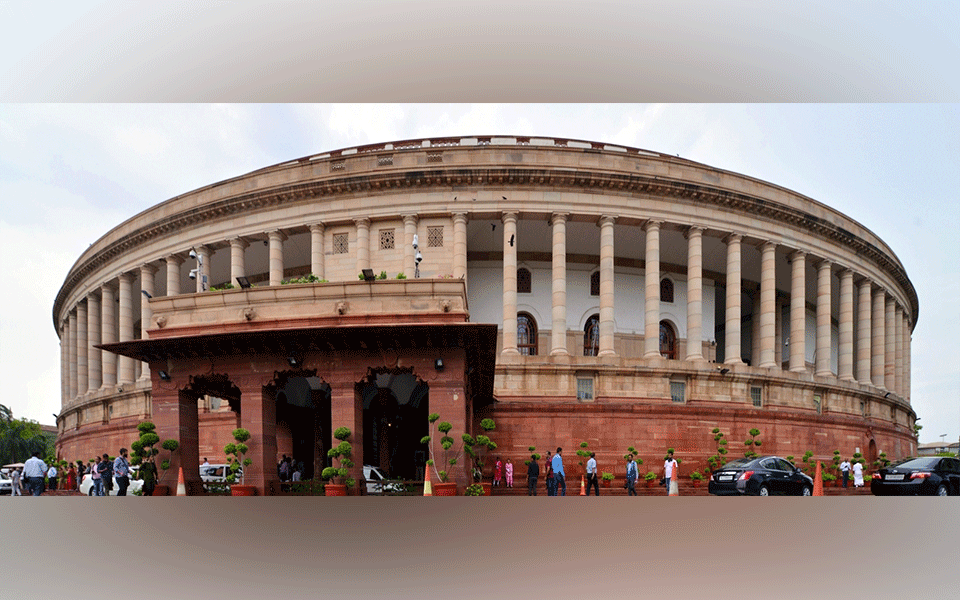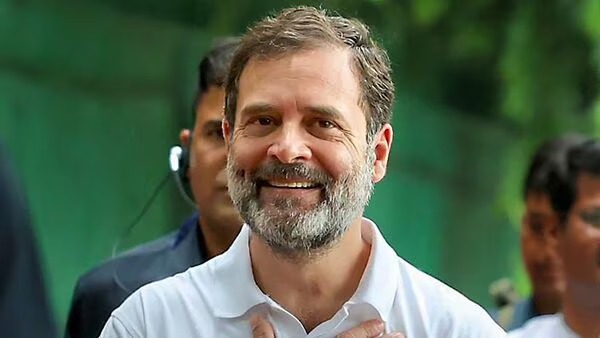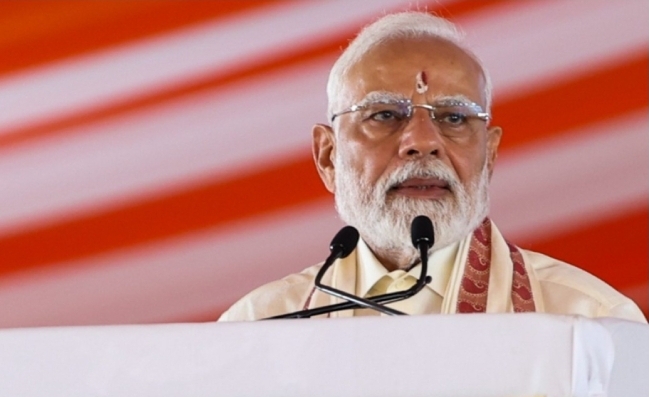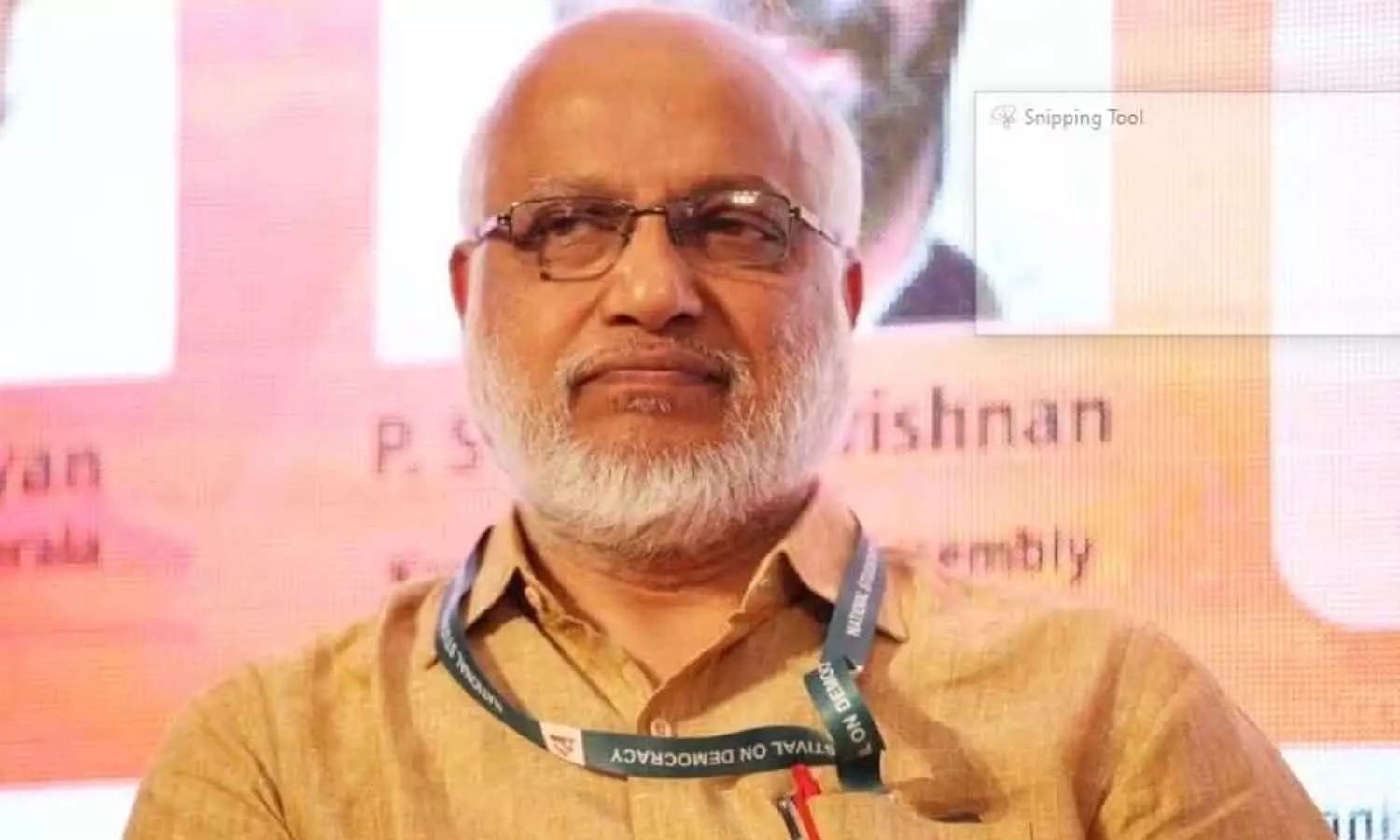New Delhi, Aug 10 : The monsoon session of Parliament was productive for the government with 20 bills passed by Lok Sabha and 14 by the Rajya Sabha even as it witnessed clashes between the Opposition and the treasury benches on a range of issues including NRC and Rafale fighter jet deal.
The government could not get the triple talaq Bill passed in the Rajya Sabha even though the cabinet on Thursday approved some amendments to the Bill passed by the Lok Sabha. But it gave a significant push to its legislative agenda by getting several pending bills passed and introducing a few others.
The monsoon session began on July 18 and had 17 sittings.
The ruling National Democratic Alliance scored an emphatic victory over a combined opposition in the election to the Rajya Sabha Deputy Chairman even though it is short of a majority in the Upper House. The victory is expected to provide a psychological boost to the BJP-led alliance in an election year as opposition parties try to come together to oust it in the 2019 Lok Sabha elections.
The session, which was a stark contrast with the nearly washed-out second part of Budget session, saw the first no-confidence motion against the Narendra Modi government.
The no-confidence motion was not taken up during the Budget session amid protests by members from Andhra Pradesh for a special package for the state.
The Lok Sabha worked 110 per cent of its scheduled time and passed 20 bills.
According to PRS Legislative, which tracks work of Parliament, it was the most productive monsoon session for Lok Sabha since 2000.
The PRS Legislative said that 20 bills were introduced during the session and 11 were passed.
Congress President Rahul Gandhi led the party's attack on the government on the Rafale deal as he sought answers from Prime Minister Narendra Modi and Defence Minister Nirmala Sitharaman. The party repeatedly raised the issue in both Houses seeking a joint parliamentary committee inquiry.
The issue of National Register of Citizens in Assam, which has left out over 40 lakh people, figured in both Houses with Opposition accusing the government of its tardy implementation.
Trinamool Congress was at the forefront of the NRC protest and virtually prevented BJP president Amit Shah from speaking in the Upper House on issues concerning farmers.
Several significant legislations were passed during the session including that on granting constitutional status to National Commission of Backward Classes and on restoring the immediate arrest provision in the SC/ST Act.
Yet another Bill paved the way to enable the overseas electors to appoint proxies to cast their votes in the elections to Lok Sabha and state assemblies.
PRS Legislative said that Rajya Sabha worked for 66 per cent of it scheduled time, but data provided by the Upper House said its productivity was 74 per cent.
While Lok Sabha spent 50 per cent of its time on legislative business, the Rajya Sabha spent 48 per cent.
"It is the highest amount of time spent on legislative business by both Houses in the 16th Lok Sabha, second highest since 2004," said PRS Legislative.
The Rajya Sabha discussed issues related to the misuse of social media to spread violence, and the "non-implementat"on" of the Andhra Pradesh Re-organization Act, 2014.
According to data provided by Lok Sabha, 21 bills were introduced and 20 were passed in the session that commenced on July 18 and had 17 sittings.
The Lok Sabha lost 8 hours and 26 minutes due to disruptions, but the members sat for 20 hours and 43 minutes beyond the scheduled time.
The Rajya Sabha lost 27 hours and 42 minutes and sat beyond scheduled time on four days gaining about three hours.
Members of both houses keenly raised issues concerning their constituencies in the election year.
Presiding officers of both Houses expressed their satisfaction at the significant improvement in the productivity compared to the previous session.
"I have several times laid stress on smooth conduct of the House which is essential to maintain the credibility of Parliament," Lok Sabha Speaker Sumitra Mahajan said in her valedictory remarks at the conclusion of session.
Rajya Sabha Chairman M. Venkaiah Naidu said the sessi"n "brought new tidings marking a break from the last two sessions."
Parliament is expected to now meet for the winter session, which may be the last full session of Parliament before general election due next year.
Let the Truth be known. If you read VB and like VB, please be a VB Supporter and Help us deliver the Truth to one and all.
Chronic back, leg, neck or hand pain, abdominal issues, obesity, persistent headaches, nerve problems, depression, insomnia, allergies, mental stress, skin conditions, paralysis and many other health issues troubling you? There’s a solution here even for women's problems like PCOD.
A unique attempt is underway in the midst of the Western Ghats in Uttara Kannada, in the form of a mission to build a “health formula” by slightly changing our lifestyle and diet. Nestled in greenery, Nisargamane Health Centre has become a centre of health attainment for many people.
A health centre that makes us achievers in the pursuit of health, Nisargamane Veda Health Centre is located on the outskirts of Ganeshnagar in Sirsi. It provides solutions for various health problems under one roof.
Yes, Nisargamane Health Centre in Sirsi is today drawing attention not just in Karnataka but across the country. For the past two and a half decades, Dr Venkatrama Hegde and his expert team of doctors and staff have been leading a movement of natural healing, curing patients and inspiring them with new zest for life.
Modern lifestyle has brought along with it many stress-related problems. Nisargamane offers a strong solution for incurable diseases and for health maintenance.
Alongside natural treatment, the centre also offers Panchakarma therapy, nature-based diet, accommodation in cottages close to nature. Dr Hegde has developed a new approach for successful management of difficult autoimmune disorders too.
The centre provides a wide range of treatments including acupuncture, acupressure, mud therapy, massage, steam bath, physiotherapy, dietary therapy, water massage and yoga. Many illnesses are effectively treated here through traditional Indian methods. A family-like atmosphere is consistently maintained here.
Dr Praveen Jacob, who has vast knowledge on health through food, and Dr Venkatesh Gaonkar, an experienced Ayurvedic practitioner, also serve here. Renowned actors, artists, religious heads, politicians, bureaucrats, ministers, MPs, industrialists, and common people have received treatment here and recovered, and continue to do so.
Dr Venkatrama Hegde writes a regular health awareness column in the Vijayavani newspaper. He also shares health-related information through YouTube and WhatsApp groups. His books like Power Diet, Kitchen as Hospital, Food as Medicine, and Home Remedies have reached lakhs of readers.
He has been honoured with the prestigious Aryabhata International Award, Nobel Mand National Award, Parimala Award, and Nammane Award among many others. Dr Hegde has conducted over a thousand health awareness camps so far.
Books like Power Diet, Kitchen as Hospital, Food as Medicine, Home Remedies, Food Health, and Alpha Natural Herbal Medicines are available here. Visitors can book appointments to meet Dr Hegde at 8073320478 or 8970822508.
“My PCOD issue had become so severe that I felt suicide was the only option. I stayed here for ten days and took treatment. Now I feel fine.”
– Suvarna M.K., Bengaluru
“When I came here, I was obese and had back pain. I’ve lost weight, and my diabetes is under control. I feel better now.”
– Neelakantha P., Hubballi
“This place gives me the feeling of being in my maternal home. They treated some of my long-standing health issues. I’ve now resolved to follow this lifestyle as prescribed here.”
– Aarati S.H., Maharashtra
Sponsored Article


_vb_19.jpeg)


